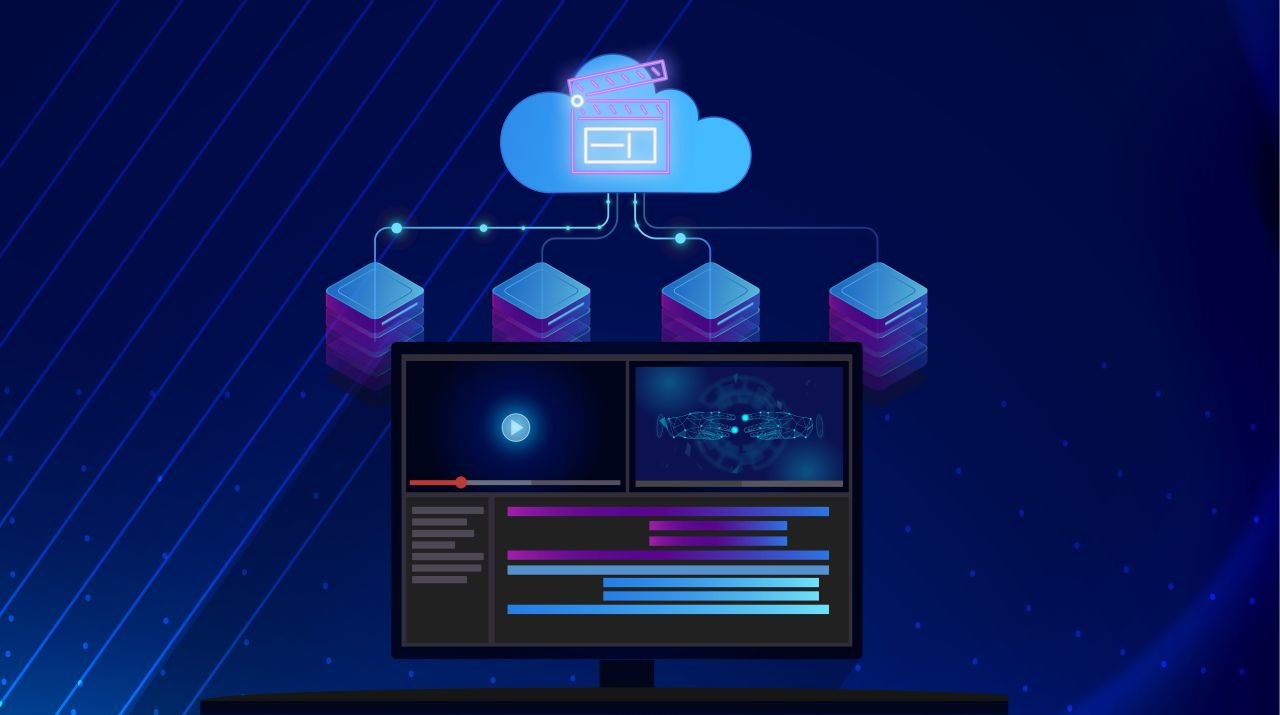There’s no doubt that cloud computing is the dominant force in enterprise computing. In fact, a lot of companies over the last few years have switched from buying hardware and software to renting it from vendors who host services in data centers around the globe.

Meanwhile, tech analysts are predicting that the vast majority of new computing workloads will go straight into the cloud, and most companies will switch to a cloud-first policy in the next couple of years, leading the total cloud spending to hit $500 billion. And there’s plenty of good reasons for this.
Must Read: Adam Selipsky’s New Plan for Cloud Computing Next
Cloud companies all around the world are experts at what they do and have the ability to harness the economies of scale that come with delivering the same service to a vast number of customers. Today, a majority of companies don’t need to be experts in running email servers or invoicing systems because it doesn’t bring them any real competitive advantage, so it makes sense for them to hand over these commodity technologies to cloud providers. But this does not mean that every consequence of the move to the cloud is resolved.
In most cases, renting is often found more expensive than buying, so keeping control on cloud costs remains a challenge for many businesses. And with hybrid cloud making its way into the industry, only a few companies want to trust their entire infrastructure to one provider because when services go down, everyone needs a backup. Similarly, the risk of vendor lock-ins is something that companies increasingly want to avoid.
Also Read: Is Digital Demand Setting Course for the Next Stage of Cloud Computing?
That said, we’ve discovered that the impact of cloud computing on skills is more complex and certainly the shift has seen some tech jobs disappear as companies no longer need to manage basic services themselves. So, in this case, tech staff will need to shift from maintaining systems to developing new ones, most likely by tying cloud services together. That’s one thing that will be important for companies that want to create new services out of the cloud, but it’s a significant skills shift for many others.
Also, as administrator jobs vanish, the career path in IT will be taking a shift too: skills around project management, innovation and teamwork will become more important for tech workers that want to move up. There’s no obvious cloud-computing backlash ahead right now. In fact, even a few major outages have done little to shake confidence in the idea that for most applications and most organisations, the cloud makes business sense. However, the implications of this decision may take a few years to play out.
Recommended Read: The 3 Most Important Technologies in 2022
For more articles like “How Well Do You Know the Effects of Cloud Computing Adoption?”, follow us on Facebook, Twitter, and LinkedIn.